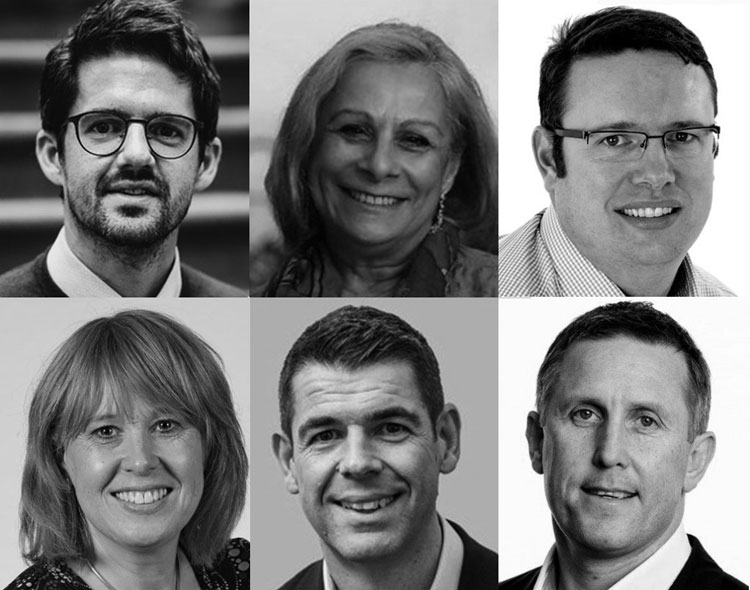
We’ve been asking our clients… “What health & safety trends are shifting for you since the first Lockdown?”
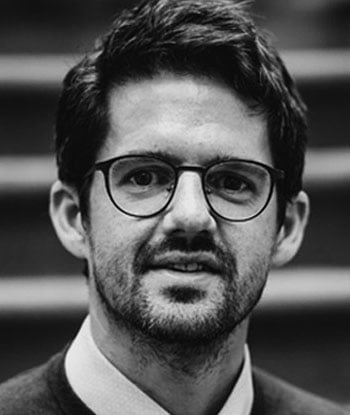
Mark Ormond
Managing Director
Tribe

Ella NilaKanthi Ford
Culture Change Consultant
Tribe

Gareth Ian Davies
Head of Health, Safety & Environment
Nokia
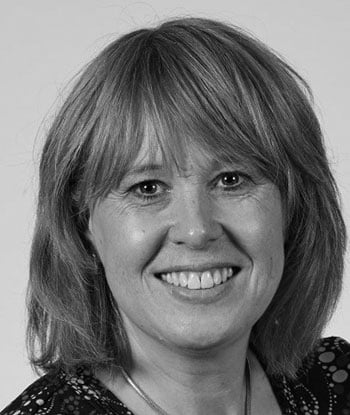
Clare Solomon
Creative Director
Tribe
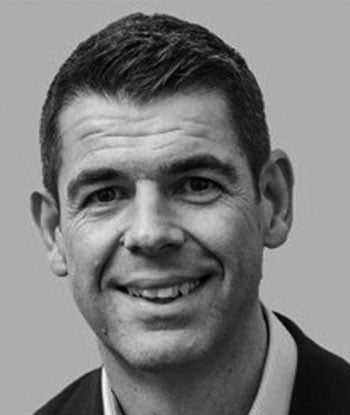
Mark Byard
Health, Safety & Wellbeing Director
Highways England
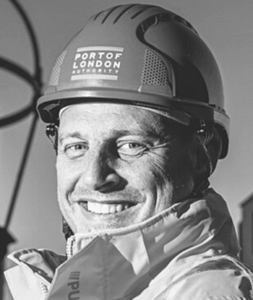
Stuart Pollard
Head of Health, Safety & Wellbeing at Port of London Authority
Senior Health and Safety Leaders will join our expert change consultants to discuss their first-hand experiences.
The heads of Health and Safety for some of the UK’s biggest firms have shared their personal reflections on the progress of the pandemic and there are some common themes emerging.
Let’s start with the positives:
Getting used to meeting virtually
This has mostly been a success. It has helped to accelerate the mindset of people that preferred office working and face to face meetings. We are seeing people putting more energy into making virtual get togethers work.
Better prepared this time
Some leaders noticed that compliance seems to have improved since the start of the crisis. There is more awareness about working safely and what ‘at risk’ behaviour is.
More agile
The way businesses have dealt with the challenges of COVID has proved that they can make decisions with pace. It’s leading to a more flexible / can do mindset in other areas of the business.
Focus on mental health
It’s now top of the radar for senior leaders. There are more conversations going on about wellbeing.
However, we’ve also heard about a stream of issues that are hitting businesses now… the most common are:
Emotional exhaustion, especially leaders
Everyone is feeling the strain of relentlessly carrying on regardless. Managing and motivating a disparate, increasingly disengaged or ‘flat’ workforce, and operating in crisis mode for months is taking its toll. Many people commented that they are experiencing more extreme reactions than normal.
Feeling disengaged
With so many people working from home, individuals are silo working. Decision making isn’t always shared – there is a cross-over of projects and limited good collaboration. For some this is leading to frustration and increasing disengagement.
Signs of complacency
With limited visible leadership and a reduction in safety auditing, there is a perception that there is less focus on safety. For some, it’s causing complacency and a more relaxed attitude to risk with a spike in near misses.
Financial pressures
As businesses will be under increasing pressure to reduce budgets, there is a fear that this will lead to compromised safety decision making. Is the health and safety balanced agenda slipping?
Compromised resilience
In general, people are seeing more cases of people suffering with mental health problems. Although everyone wants to do the “right thing,” most people are ill equipped at the best of times, to ask the right questions and deal with the answers. Working virtually vastly increases this human shortcoming.
About Mark Ormond
Managing Director
Mark is an experienced consultant and strategic leader with a background in information systems, culture and engagement. He has over a decade of experience partnering with a wide variety of large organisations internationally, helping them create more mature cultures and higher levels of engagement. Latterly this has been done as head of Tribe Culture Change, a consulting organisation formed from the partnership of Hill Solomon and JOMC, organisations with over 40 years collective experience in this area.



